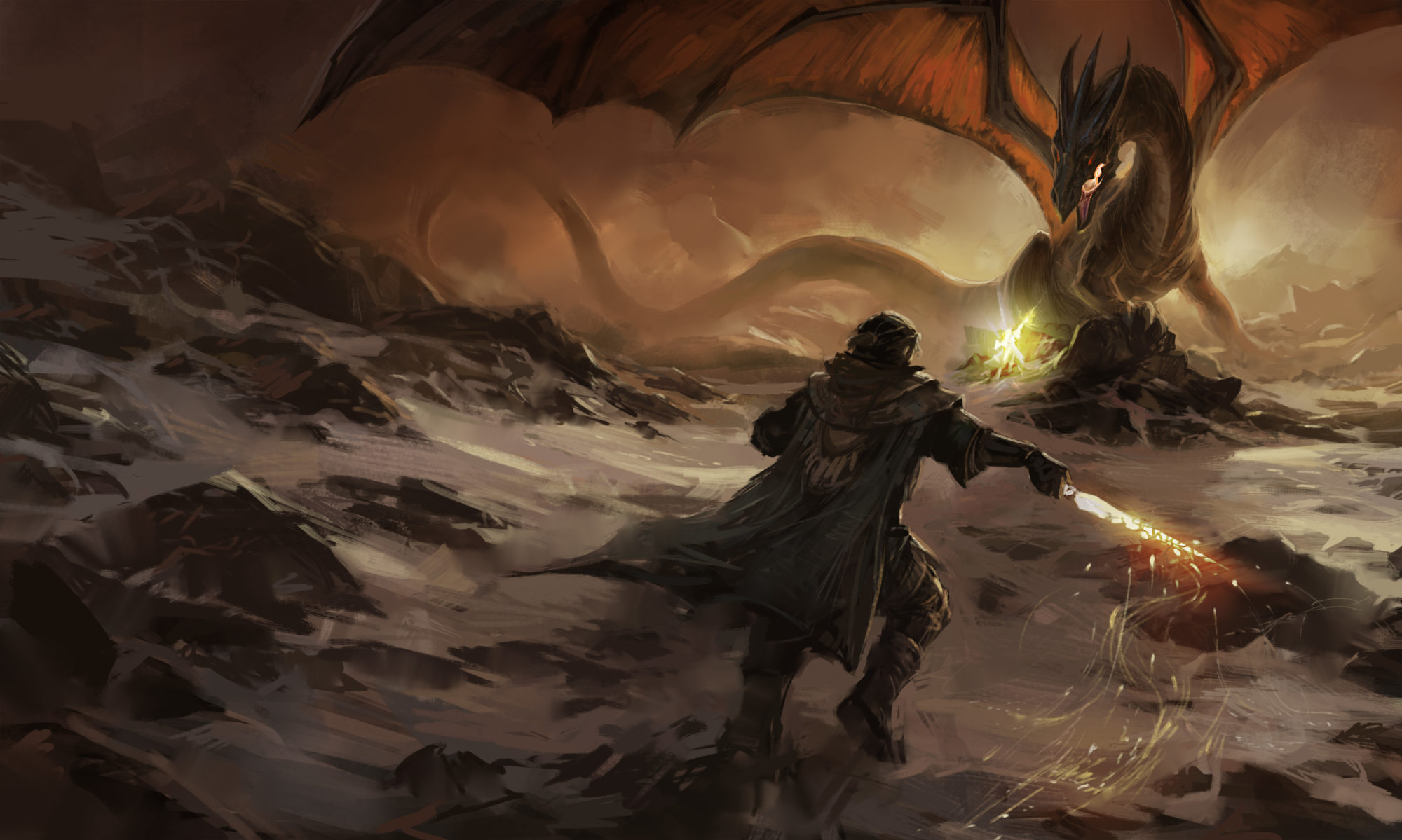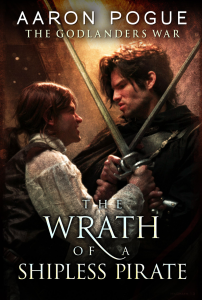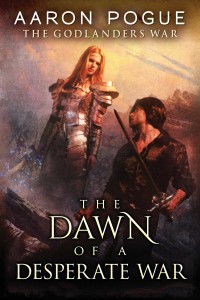 Last week saw the release of The Dawn of a Desperate War, the final volume in the first trilogy of The Godlanders War.
Last week saw the release of The Dawn of a Desperate War, the final volume in the first trilogy of The Godlanders War.
It’s the best thing I’ve ever written.
I understand it’s normal for all creators to feel that way about whatever happens to be their newest work. Maybe that’s the only thing at play here, but I’m incredibly proud of the universe this story is set in.
The Godlanders’ world of Hurope was an ambitious idea. I wanted to write comic book-style high adventure in a (somewhat) traditional fantasy setting. I co-created the universe with my good friend Dan, and before I’d written a single word of narrative, we’d invented dozens of heroes and villains, along with the personalities of nations and vast, shady organizations.
It’s the first time since middle school that I engaged in serious, extensive worldbuilding, and it was thrilling. Then I started writing the stories, and that process was both invigorating (getting to play around in this very cool sandbox) and, at the same time…hard. I hadn’t tried to develop a new fantasy setting since high school.
There’s a big difference between imagining cool characters or strange cultural artifacts and then actually weaving them into a dynamic narrative. Worldbuilding can be a fun hobby, but it’s surprisingly hard to integrate that hobby into the almost unrelated practice of storytelling.
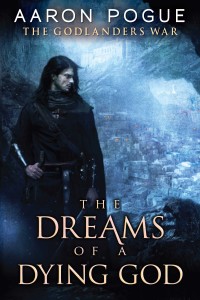 I didn’t notice that back in high school, because I had nothing to compare it to. I was learning both disciplines from scratch, mostly self-taught, so everything felt hard. But over the last two decades, I’ve been hard at work honing the craft of storytelling. I’ve practiced the process over and over again, sometimes discovering new settings within a narrative, but never really trying to force a narrative onto a massive, pre-built framework like that.
I didn’t notice that back in high school, because I had nothing to compare it to. I was learning both disciplines from scratch, mostly self-taught, so everything felt hard. But over the last two decades, I’ve been hard at work honing the craft of storytelling. I’ve practiced the process over and over again, sometimes discovering new settings within a narrative, but never really trying to force a narrative onto a massive, pre-built framework like that.
So the first time I really encountered that challenge with the perspective to recognize it came when I started working on the first book in this new series, The Dreams of a Dying God. That book was hard to write. As much as I loved the setting and the characters, every page was a challenge. I’d made plans to jot down that novel in the second half of 2012 and then churn out another FirstKing novel and another novella or two. You can look back in the archives here and see where I made that promise.
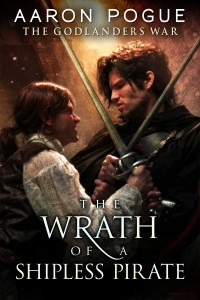 It didn’t happen. I toiled for six months to write that novel. And in the process I missed four different delivery deadlines, so by the time I finished it I had to shove myself straight into the sequel. The Wrath of a Shipless Pirate felt a little easier, but instead of enjoying that, I pushed the envelope. Finally comfortable writing the enigmatic Corin Hugh we met in Book One, I sent him on a world tour in Book Two and introduced him to the characters that are meant to drive the next seven or ten books.
It didn’t happen. I toiled for six months to write that novel. And in the process I missed four different delivery deadlines, so by the time I finished it I had to shove myself straight into the sequel. The Wrath of a Shipless Pirate felt a little easier, but instead of enjoying that, I pushed the envelope. Finally comfortable writing the enigmatic Corin Hugh we met in Book One, I sent him on a world tour in Book Two and introduced him to the characters that are meant to drive the next seven or ten books.
I love re-reading that book, but I barely remember writing it. I wasn’t getting much sleep in those days.
And that’s why I love Book Three so much. It was easy. For the first time I wasn’t fighting to reconcile our worldbuilding with the demands of my plot. The world was built, all its rough edges smoothed down by 150,000 words of published canon, and now all I had to do was tell another story in this incredible universe.
Now it’s done. It wraps up the story that began in Book One, but as the title suggests, it also lays the foundation for a whole new trilogy.
I’m looking forward to that. Corin Hugh was a wild protagonist, but the next trilogy will follow Auric Truefaith, a natural hero. It will be grand and epic and hilarious in a very Patrick Warburton kind of way.
But before I get to that, I have some other work to do. The FirstKing’s world has been too long neglected, and turning back to it now is like a breath of fresh air.
I’m diving in. I’ll let you know how it goes.
